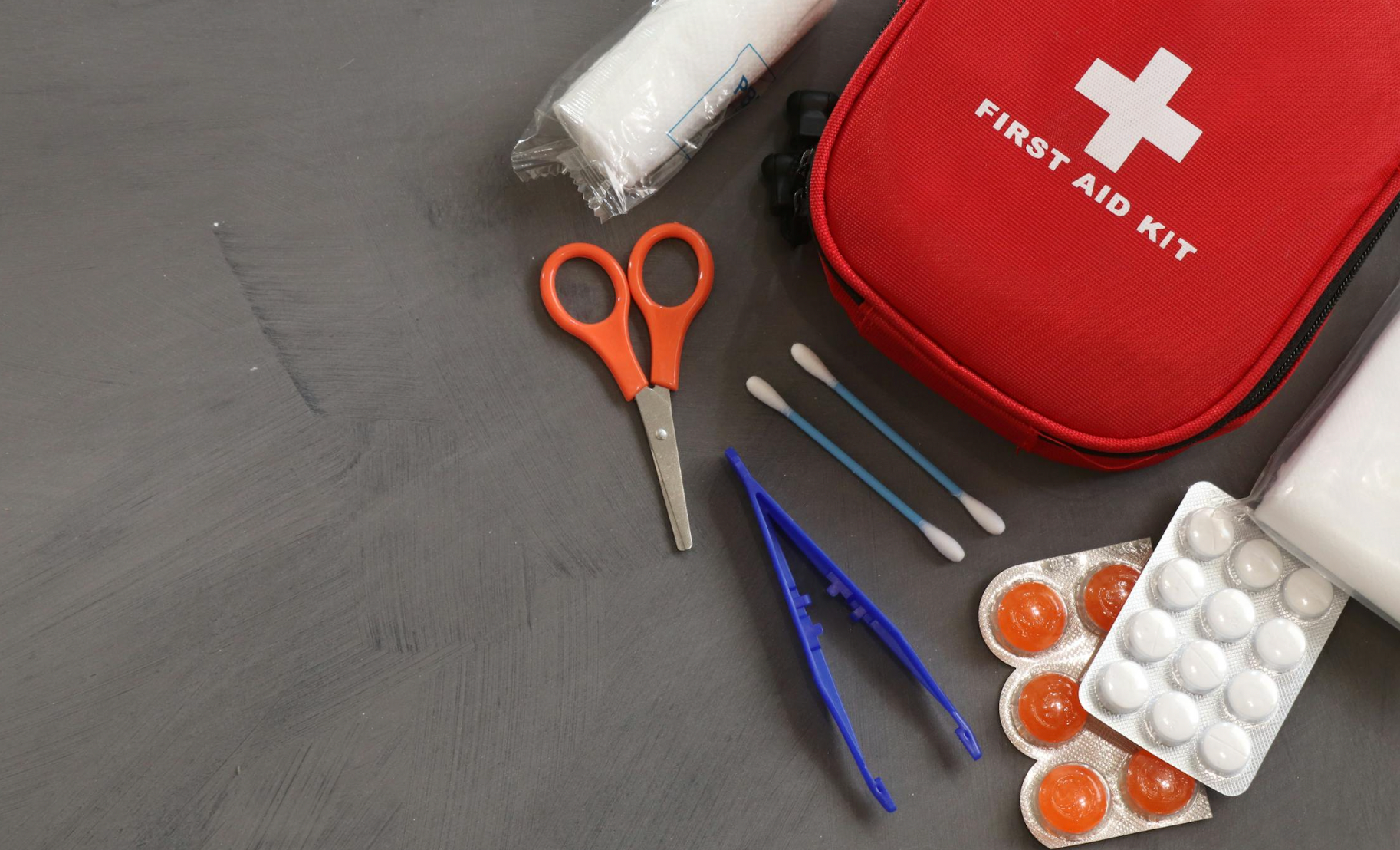
GET A QUOTE
Winter Driving Preparedness Checklist
Winter brings beautiful, snowy landscapes, but it also comes with challenging driving conditions. Snow, ice, and freezing temperatures can create hazardous situations for drivers. To help you stay safe and prepared on the road this winter, Risen Medical has put together a comprehensive winter driving preparedness checklist. Whether you’re driving to work, running errands, or heading on a winter road trip, this guide will ensure you’re ready for whatever winter throws your way.
Inspect and Prepare Your Vehicle
The first step to safe winter driving is ensuring your vehicle is ready for icy and snowy conditions. Here’s what to check:
Tires: Use winter tires or all-season tires with adequate tread depth to provide better grip on slippery roads. Check tire pressure regularly, as cold weather can cause it to drop.
Battery: Cold temperatures can reduce battery power. Have your battery tested and, if needed, replaced to avoid unexpected breakdowns.
Brakes: Ensure your brakes are in good working order to handle emergency stops on icy roads.
Windshield Wipers and Fluid: Use winter-grade windshield wiper fluid that won’t freeze and make sure your wipers are in good condition to handle snow and ice.
Antifreeze Levels: Check antifreeze levels to prevent engine freezing, which can damage your car and leave you stranded.
Pack a Winter Emergency Kit
A well-stocked winter emergency kit can be a lifesaver if you find yourself stuck or stranded in cold weather. Here’s what to include:
First Aid Kit: Risen Medical’s First Aid Kit for Cars includes bandages, antiseptic wipes, and other essential items to treat minor injuries.
Warm Blanket and Extra Clothing: Pack a blanket, gloves, and hats to stay warm if you’re stuck for an extended period.
Snow Shovel and Ice Scraper: Essential tools for clearing snow around your car and removing ice from the windshield to keep your vehicle ready to move.
Non-Perishable Snacks and Water: Keep yourself nourished and hydrated if you’re waiting for assistance.
Jumper Cables: Cold weather can drain car batteries quickly; jumper cables are essential if your car needs a jump-start.
Winter Roadside Kit: A comprehensive roadside kit can include essential items such as tire inflators, emergency flares, and multi-tools, providing extra assistance for various roadside situations.
Reflective Triangle or High-Visibility Gear: Increases visibility to other drivers, especially if you’re stranded roadside in low-light conditions.
Plan Ahead for Winter Trips
Winter travel requires extra planning to ensure you’re ready for any situation. Here’s what to consider:
Check the Weather: Before you leave, check the forecast and road conditions to know what to expect.
Plan Your Route: Choose a route that is regularly plowed and salted. Avoid back roads and shortcuts that may be less maintained.
Inform Someone of Your Plans: Let a family member or friend know your destination and expected arrival time in case of delays.
Keep Your Gas Tank Full: Avoid letting your gas tank drop below half full, as you may need to run the engine to stay warm if you’re stranded.
Brush Up on Winter Driving Techniques
Safe driving techniques are critical in winter weather. Refresh yourself on the following:
Drive Slowly: Speed limits are designed for ideal conditions. In snow and ice, driving below the limit can give you better control.
Increase Following Distance: Allow for extra space between your car and others to give yourself more time to stop.
Avoid Sudden Movements: Abrupt braking, accelerating, or turning can cause you to lose control on icy roads.
Use Low Beams in Snow or Fog: Low beams provide better visibility in snow and foggy conditions.
Prepare for Cold-Weather Car Maintenance
Routine car maintenance is essential in winter, as cold weather can affect your vehicle in many ways. Here are some tips to keep your car running smoothly:
Change the Oil: Winter weather can thicken engine oil, so consider using a winter-grade oil that flows more easily in cold temperatures.
Keep De-Icer Spray Handy: De-icer spray can help unfreeze locks and windows, making it easier to get into your car on freezing mornings.
Lubricate Door Seals: Cold weather can cause doors to freeze shut. Use a silicone-based lubricant on the door seals to prevent freezing.
Stay Informed with Local Alerts
Weather can change quickly in the winter, so stay informed about current conditions:
Sign Up for Weather Alerts: Subscribe to weather alerts for your area to receive timely updates on changing conditions.
Listen to Traffic Reports: Many radio stations provide live traffic updates, helping you avoid delays due to road closures or accidents.
Download Emergency Apps: Emergency alert apps can keep you updated on severe weather and road closures in real-time.
Know What to Do if You Get Stuck
Even the best preparation can’t prevent every situation. If you get stuck in snow or ice, here’s what to do:
Stay with Your Vehicle: Leaving your car in winter conditions can be dangerous. Stay inside where it’s warm.
Conserve Fuel: Run the engine for about 10 minutes every hour to stay warm, but open a window slightly to prevent carbon monoxide buildup.
Signal for Help: Use hazard lights, reflective triangles, or tie a bright cloth to your antenna to signal for assistance.
Keep Moving to Stay Warm: If you’re stuck for an extended period, move your arms and legs regularly to keep circulation going.
Conclusion: Stay Safe with a Winter Preparedness Plan
Winter driving can be unpredictable, but with the right preparations, you can handle challenging conditions safely. Following Risen Medical’s winter driving checklist will help keep you and your loved ones safe, even in the harshest weather.
Stock up on essentials and make sure your vehicle is prepared for winter’s worst. With the right mindset and equipment, you’ll be ready to tackle the road and enjoy the season.

